A couple of days ago, Transparency International conducted a seminar on the topic of "Freedom of Information and Whistle Blowers Protection". The seminar was actually based on a research, conducted by a known Pakistani scholar Dr. Muneer Ahmed which consists of several hundred pages and discusses the real issues of Pakistan. Transparency International has published it. According to this research, there are 12 big pillars in Pakistan that play an important role in running the country.
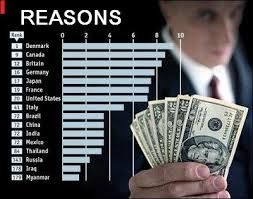
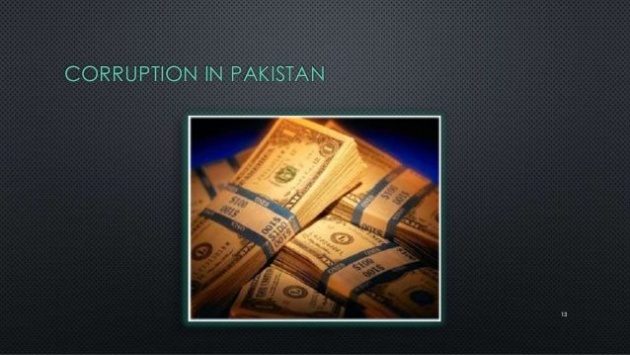
The first pillar is the parliament which is independent and strong to a great extent, but it is not so much independent to effectively implement the laws it makes. Historically, it has been under the shadow of Martial Law (Marshal Law) for a very long time. Its own members' credibility is in question since there is no such trusting system where a member's assets can be testified. The second pillar is administration which is too weak in terms of governance and lost it's credibilty due to corruption while there is no system that can keep a check and balance on it. The main reason for this is that Martial Law has been governing this pillar for a long time. Though it has the sources, but remains ineffective and are not utilized in an appropriate way. There are people who raise against the corruptions but due to lack of security and threats, they remain merely rubber stamp.
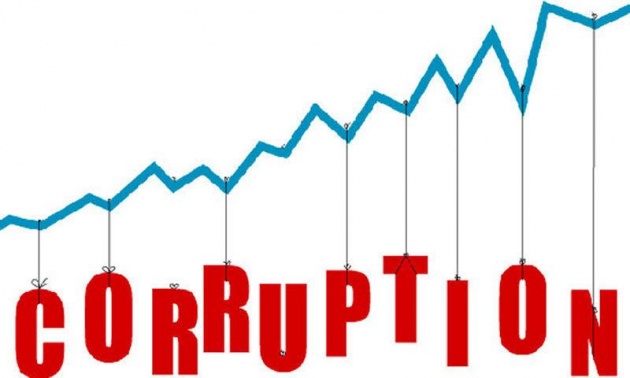
The third pillar is judiciary which gained a lot of power and independence due to a civil society movement and some amendments in the law in 2009. In the recent period, the role of Supreme Court has been immaculate and positive. It gave relief in many cases which increased its reputation, but pending cases in lower judiciary, less financial resources and lack of human resource are some basic elements that made the justice system slow and the citizens are suffering due to it. In this research of Transparency International, the public sector is included as a strong pillar as well but it is also mentioned that a weak governance system and corruption remains a dilemma here. Civil servants' autonomy has been lessened while their lack of reputation and increasing corruption is well known, while the honest officers do not get protection or security. Agencies, who implement the laws, has been declared the 5th pillar of the state. Masses agree that their work should be to curb the corruption and finish it, but their own credibility is at stake.
The research shows that the reasons are lack of resources, unawareness from the modern technology, non-trained employees, weak information law and no protection for the witnesses, while the main reason is that these agencies have not been held accountable, inside and out. Regarding the Election Commission of Pakistan, the research shows that it made itself stronger. It provided the public services through mobile phones, but after the recent elections, people are raising their fingers at it. They did not keep an eye on transparency, that's why its members and system is questionable due to ineffective monitoring. The research shows that the institutions for accountability are independent in taking their decisions. There is a lack of transparency here but it can not take action on its own - but can only forward the suggestions to the concerned institutions. This is the reason we can not see positive and full results for the cases. The report also shows that Supreme Audit is a strong and independent institution and transparency on its own laws is very detailed, but they gain the funds from the Finance Ministry which makes it vulnerable. Although it improved in financial management, but as far accountability is concerned, this institution is still weak.
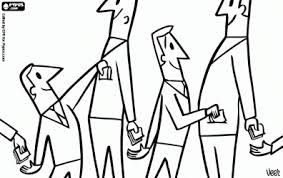 Despite having great resources, this institution could not minimize the corruption because other government institution simply neglect their findings and suggestions. According to the research, agencies for anti corruption and NAB (National Accountability Bureau) are performing better and have a great framework, but lack of external control and weak governance makes it not to deliver hundred percent. Its employees need a good training as well. The research shows a pillar which is very weak - political parties - and it is due to lack of credibility and governance. Business is included as the 11th pillar of the state but it is weak as well due to unsystematic control. There are many transparent laws regarding the business but the corruption is one of the biggest problems in this sector while there are neither certain laws nor code of conduct. Civil Society is also included in the pillars but as a watch dog, it is very weak, in fact.
Despite having great resources, this institution could not minimize the corruption because other government institution simply neglect their findings and suggestions. According to the research, agencies for anti corruption and NAB (National Accountability Bureau) are performing better and have a great framework, but lack of external control and weak governance makes it not to deliver hundred percent. Its employees need a good training as well. The research shows a pillar which is very weak - political parties - and it is due to lack of credibility and governance. Business is included as the 11th pillar of the state but it is weak as well due to unsystematic control. There are many transparent laws regarding the business but the corruption is one of the biggest problems in this sector while there are neither certain laws nor code of conduct. Civil Society is also included in the pillars but as a watch dog, it is very weak, in fact.
According to Transparency International's research, media is one of the strongest pillar in this country since it got the resources while reporting got better as well, but fingers are raised on it due to financial matters. Media law is implemented but there is not national law that lets people gain information. Despite being a strong pillar, media could not make its own anti-corruption agenda. It would point out the corruption, but it will not follow up or educate people. Media is playing an important role as a whistle blower.
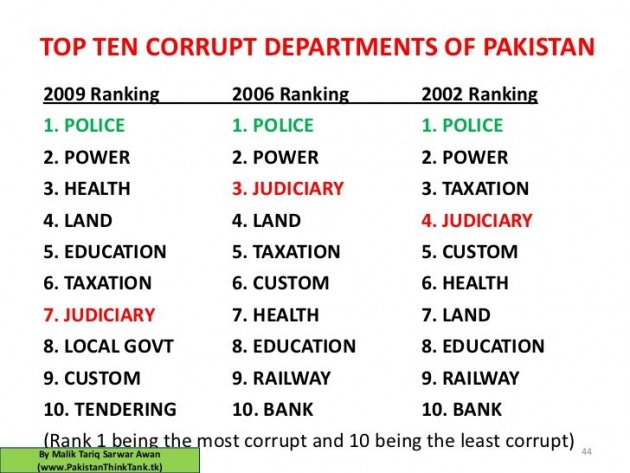 If we see the Transparency International's research report, we will overall see that most of the institutions in Pakistan are strong but need some adjustment and development. A few institutions are rich in resources but anti corruption is not on the top of their lists. In the light of this research, we can say that those institutiions which are run under the government, must implement a system that ensures self-accountability as well as independence to work free and this same can be implemented in the private sectors, and for this reason, the parliament must pass the bill and bring resolutions. The civil society must be given an active role as a watch dog so that they can point out at the negatives. The question was also raised at the seminar that the media, which is a watch dog, who will watch it? It is necessary to form a code of conduct for media as well so that media must not play as a party and keep the things objective.
If we see the Transparency International's research report, we will overall see that most of the institutions in Pakistan are strong but need some adjustment and development. A few institutions are rich in resources but anti corruption is not on the top of their lists. In the light of this research, we can say that those institutiions which are run under the government, must implement a system that ensures self-accountability as well as independence to work free and this same can be implemented in the private sectors, and for this reason, the parliament must pass the bill and bring resolutions. The civil society must be given an active role as a watch dog so that they can point out at the negatives. The question was also raised at the seminar that the media, which is a watch dog, who will watch it? It is necessary to form a code of conduct for media as well so that media must not play as a party and keep the things objective.



